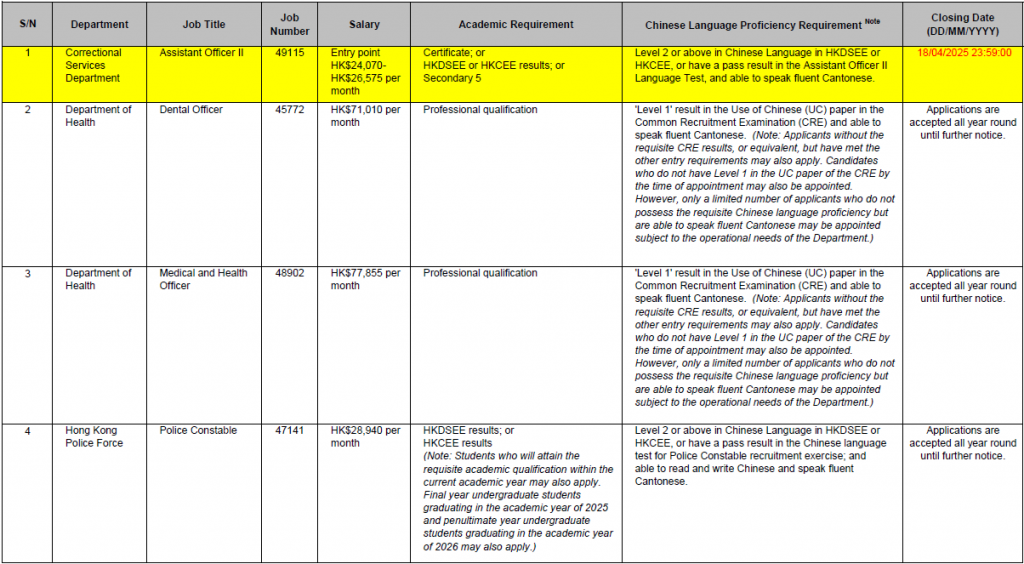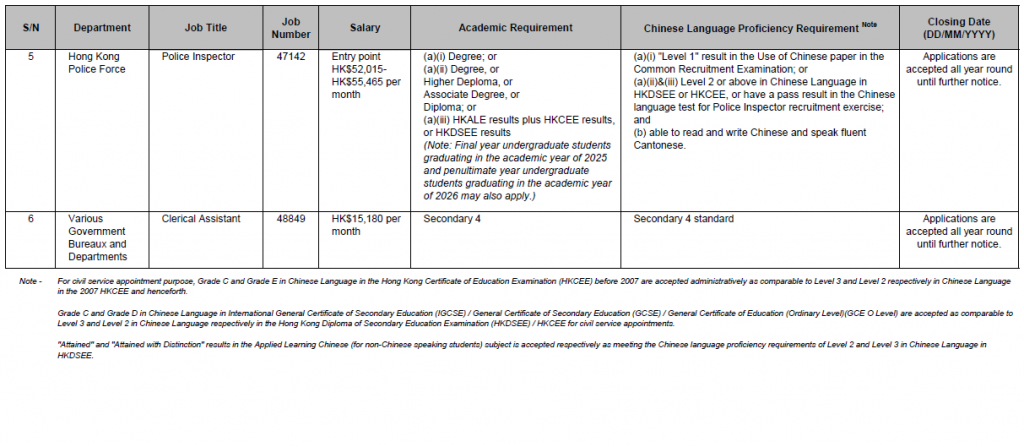Highlights of the 2025 Policy Address


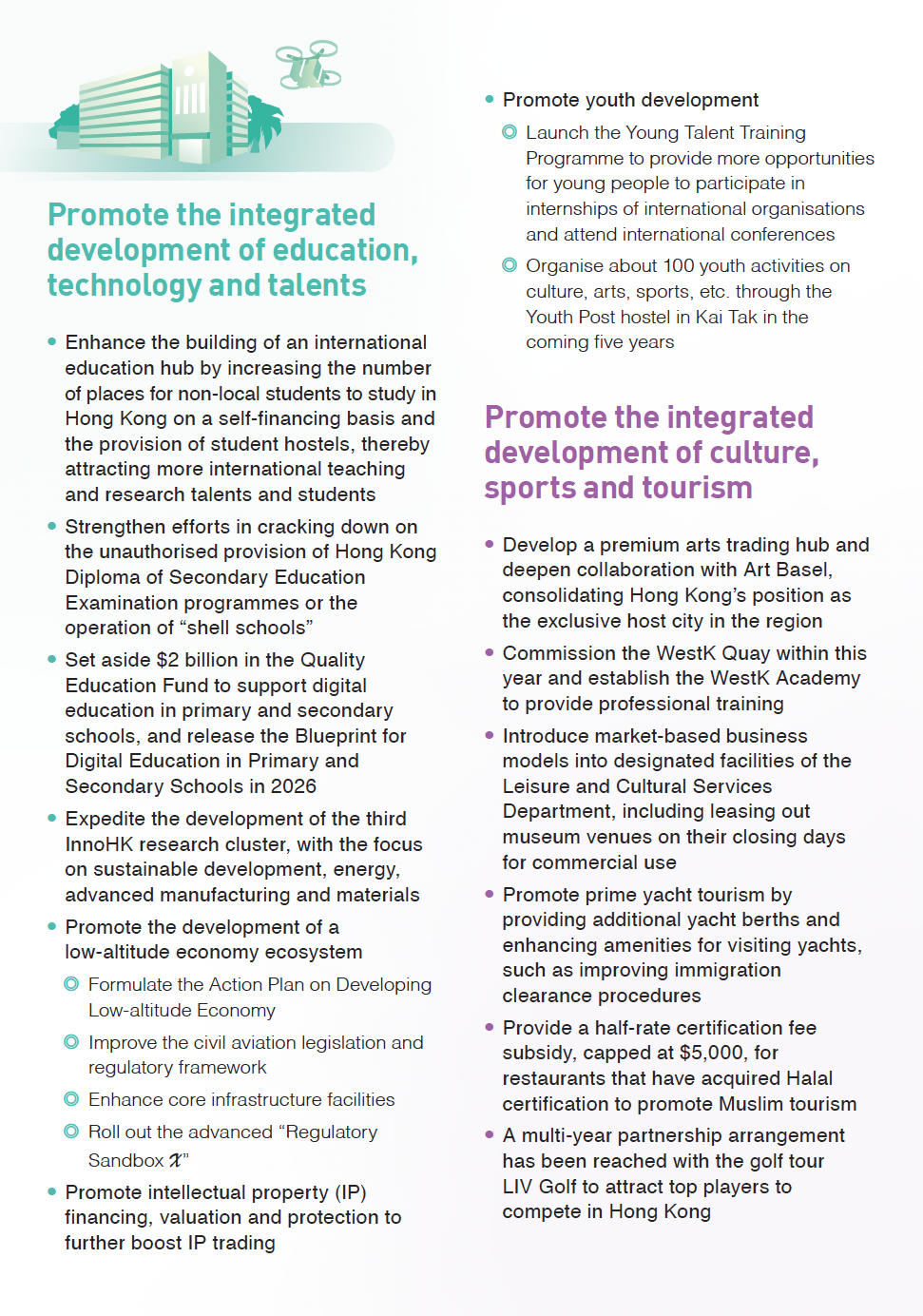

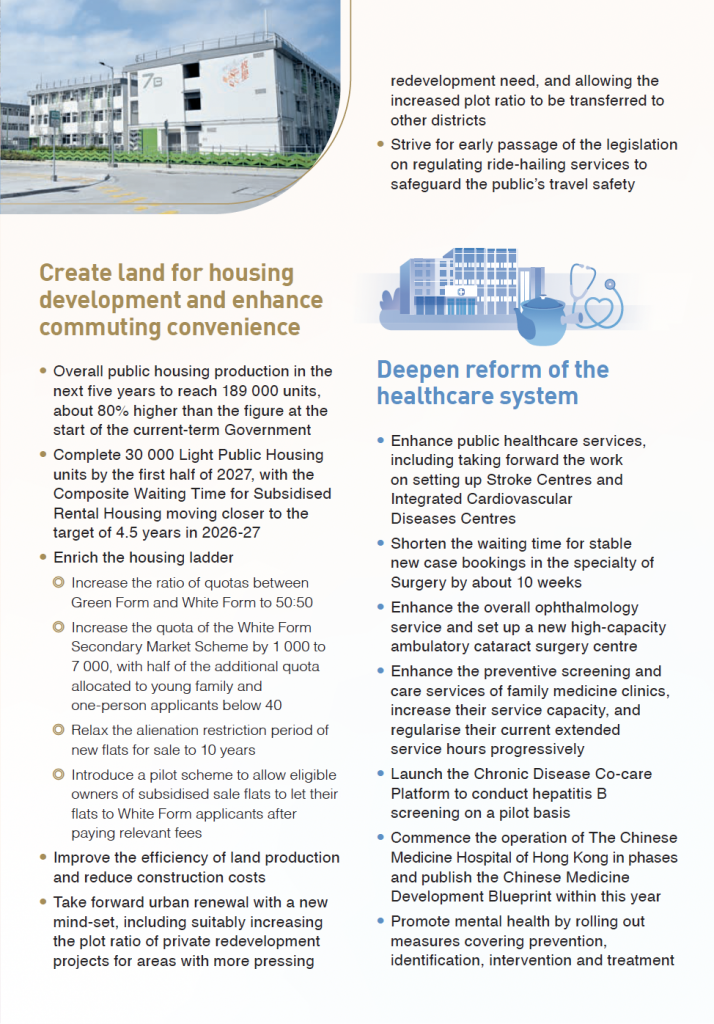
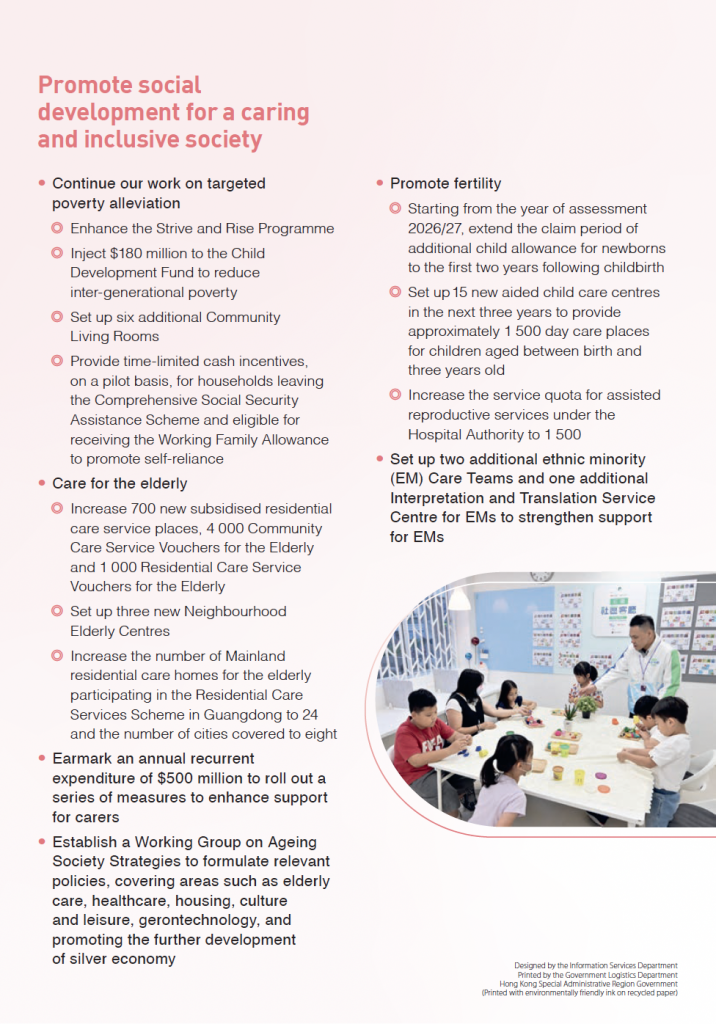

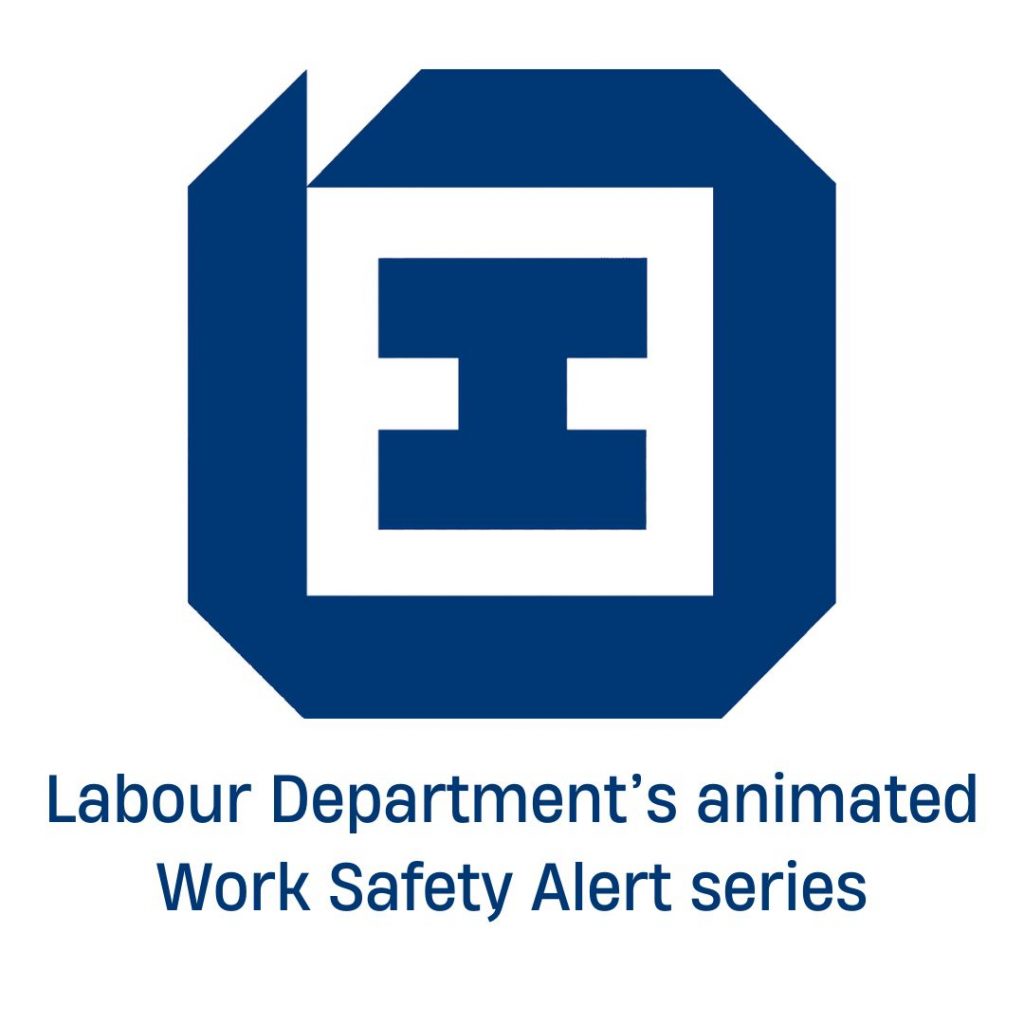
Discover the Labour Department’s animated Work Safety Alert series covering topics from scaffolding hazards to electrical safety, these videos offer essential tips to protect workers on the job.
You can browse the relevant Work Safety Alerts by clicking on the individual item:
https://www.labour.gov.hk/eng/news/work_safety_alert_video.htm

DH appeals to public to take measures in response to risk of Chikungunya fever imported cases
The recent spike in Chikungunya fever (CF) cases in multiple regions worldwide (including neighbouring areas), and more frequently travelling among members of the public during summer holidays, pose a significant risk of imported cases in Hong Kong.
CF is not transmitted from person to person, and is primarily transmitted to humans through the bite of female Aedes mosquitoes carrying the CF virus. Aedes albopictus, which is ubiquitous in Hong Kong, can transmit CF. Despite severe or fatal cases caused by CF is rare and the symptoms are milder than that of Dengue Fever, and most patients recover on their own, as local mosquitoes have not carried the CF virus, we must strive to prevent CF from becoming endemic in Hong Kong.
The Centre for Health Protection (CHP) of the Department of Health recommends that the public properly use DEET-containing insect repellents or other effective active ingredients to effectively prevent mosquito bites. The following precautions should be taken when using them:
read the label instructions carefully first;
apply right before entering an area with risk of mosquito bites;
apply on exposed skin and clothing;
use DEET of up to 30 per cent for pregnant women and up to 10 per cent for children (For children who travel to countries or areas where mosquito-borne diseases are endemic or epidemic and where exposure is likely, those aged 2 months or above can use DEET-containing insect repellents with a DEET concentration of up to 30 per cent);
apply sunscreen first, then insect repellent;
reapply only when needed and follow the instructions; and
in addition to DEET, there are other insect repellents available on the market containing different active ingredients, such as IR3535, picaridin etc. When using any insect repellent, the public should follow the usage instructions and precautions on the product label.
Members of the public returning from areas affected by CF should apply insect repellent for 14 days upon arrival in Hong Kong. If they feel unwell, they should seek medical advice promptly and provide their travel details to a doctor.
The public should call 1823 in case of mosquito problems and may visit the following pages for more information: the dengue fever page of the CHP and the Travel Health Service, the Chikungunya fever page of the CHP and the Travel Health Service, the latest Travel Health News, tips for using insect repellents, and the CHP Facebook Page and YouTube Channel.
For more e-Resources regarding CF, please visit: https://www.chp.gov.hk/en/resources/464/6122.html. If you wish to request printed health education materials, the application can be submitted online through CHP website. You can also print the completed application form and submit it by fax or by post.
Relevant press release:
https://www.info.gov.hk/gia/general/202507/28/P2025072800887.htm
Department of Health
#govnews
Please find below a video highlighting the Home and Youth Affairs Bureau’s efforts in supporting ethnic minorities, as part of its 3rd anniversary review –
Facebook: https://www.facebook.com/share/v/1BrWbDKFjd/
Instagram: https://www.instagram.com/reel/DLg53mMJYGl/?utm_source=ig_web_copy_link&igsh=bWRrNzVwcnRwY3B4
Upcoming Activities (Highlights)

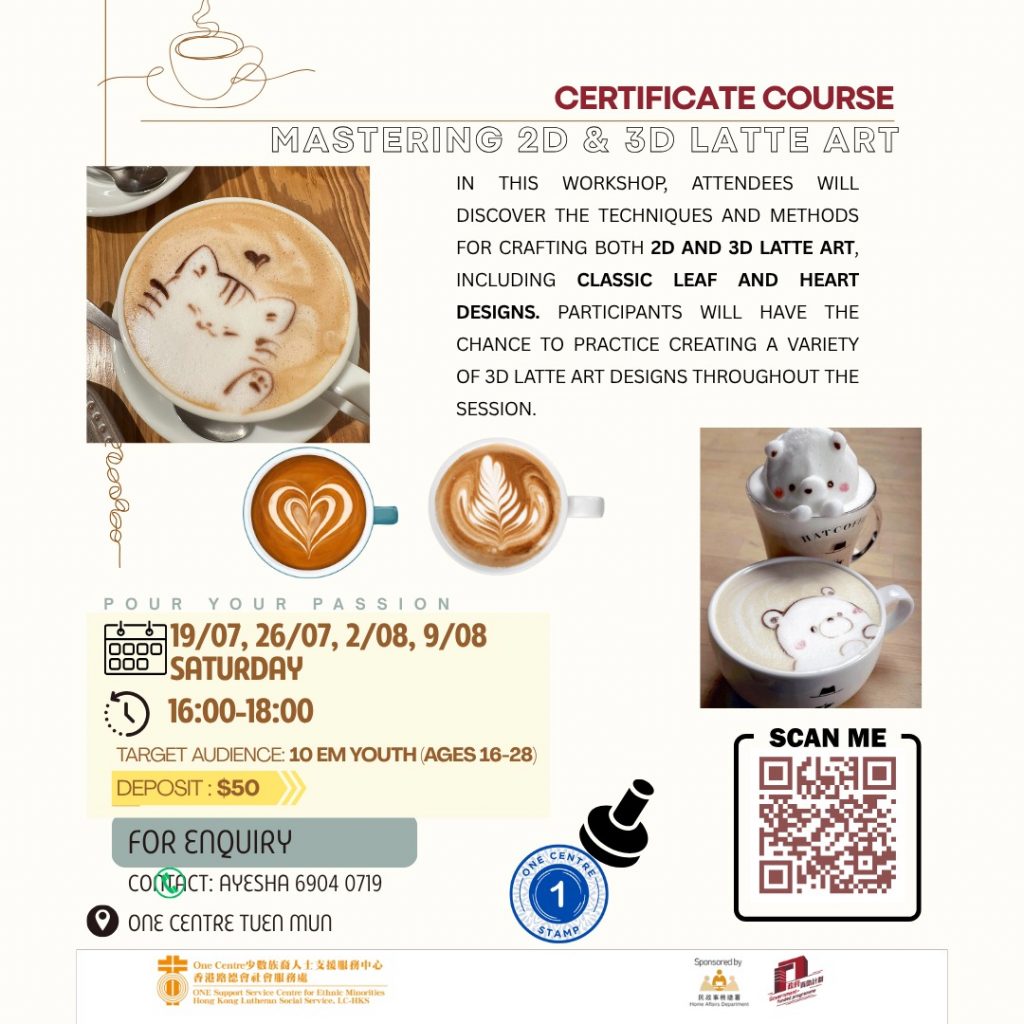

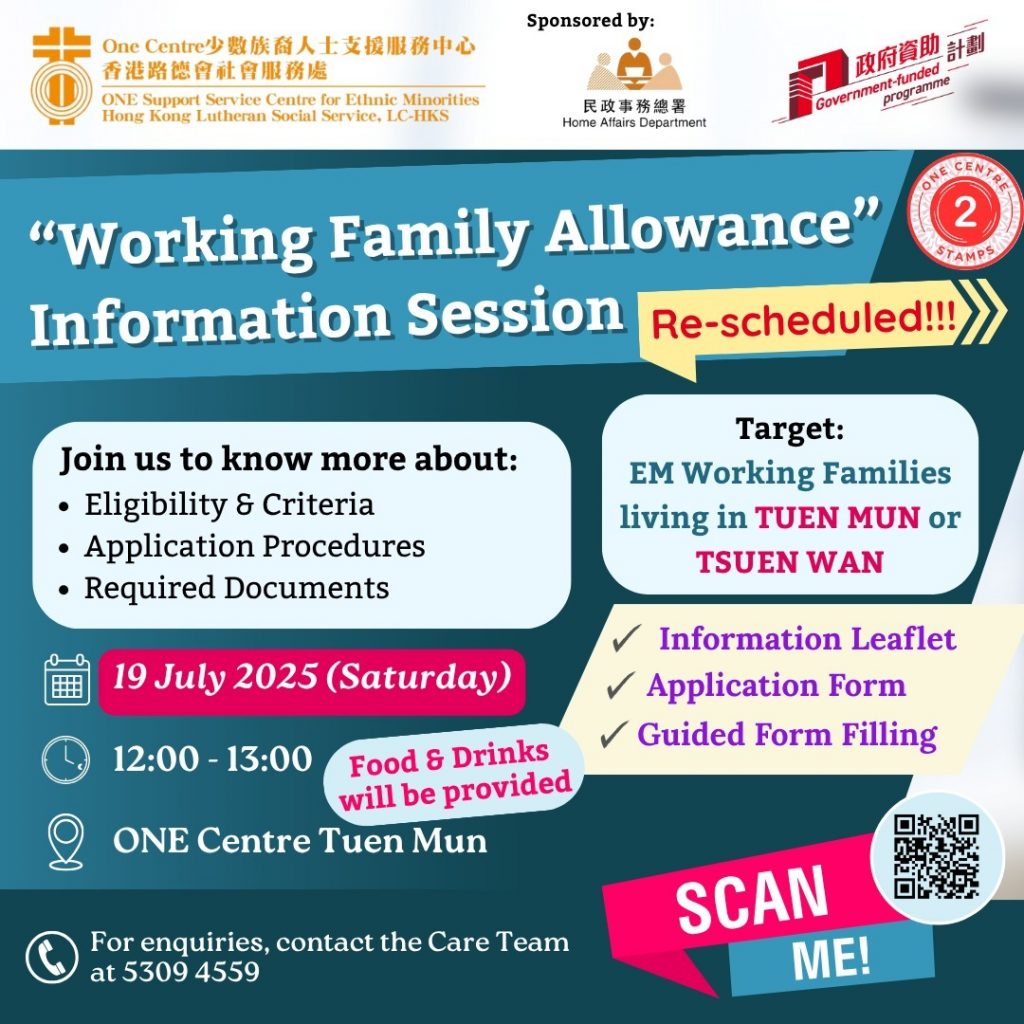

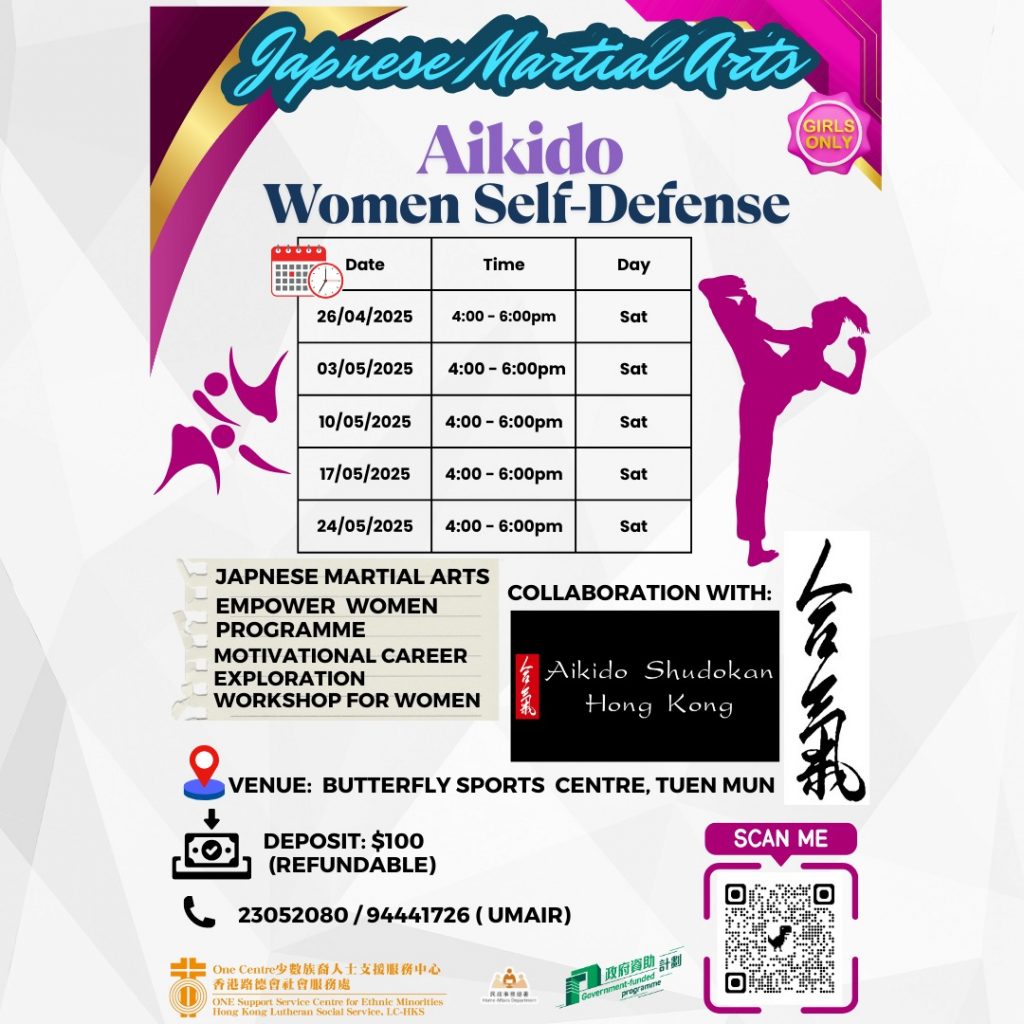


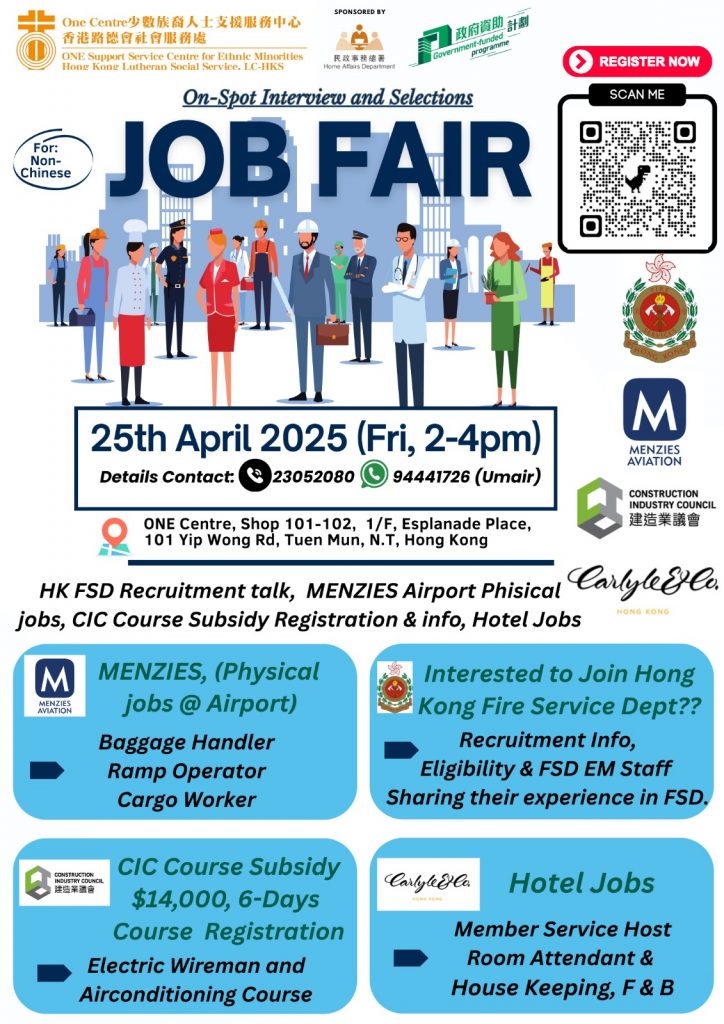
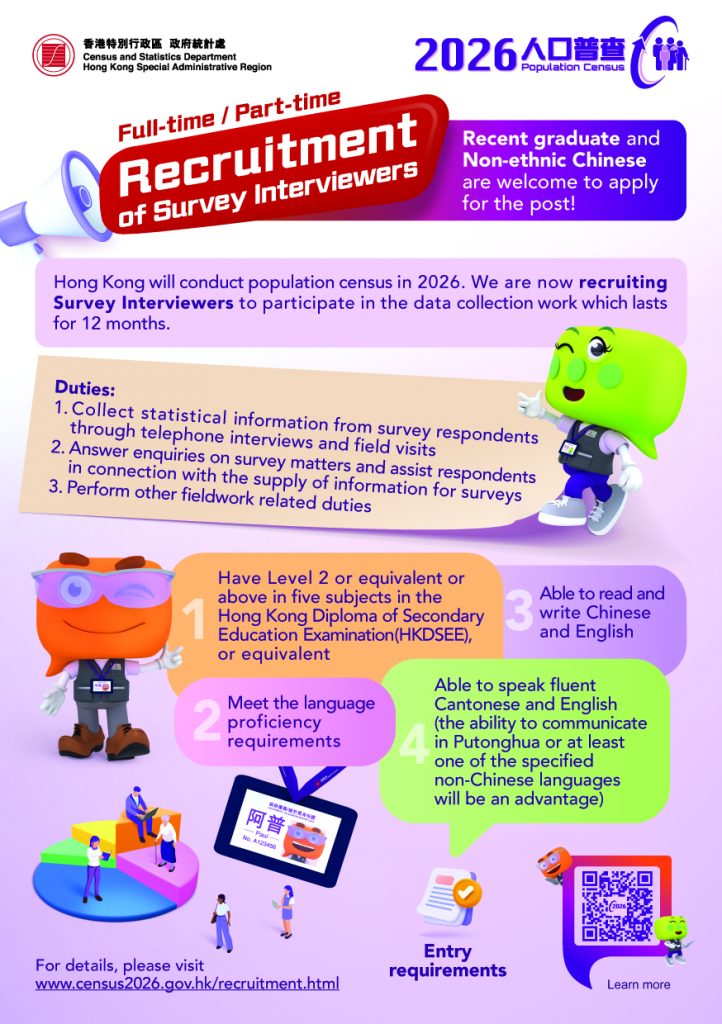
Civil Service Job Vacancies (position as at 15.4.2025)
Please note that the following list of job vacancies only serves as a summary for easy reference. For full details and the latest position of the listed job vacancies, please visit the online Government Vacancies Enquiry system on the Civil Service Bureau website at https://www.csb.gov.hk and follow the application procedures as specified in the recruitment advertisements to apply for the jobs. You may also view the details of the listed job vacancies through the “Government Vacancies” Mobile Application (App), which can be downloaded from Google Play, Apple App Store and HUAWEI AppGallery for free.
